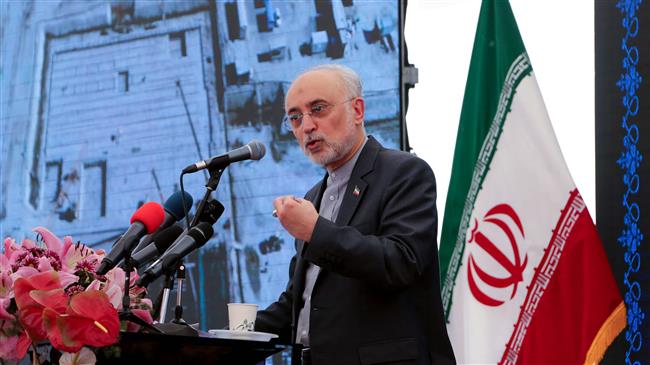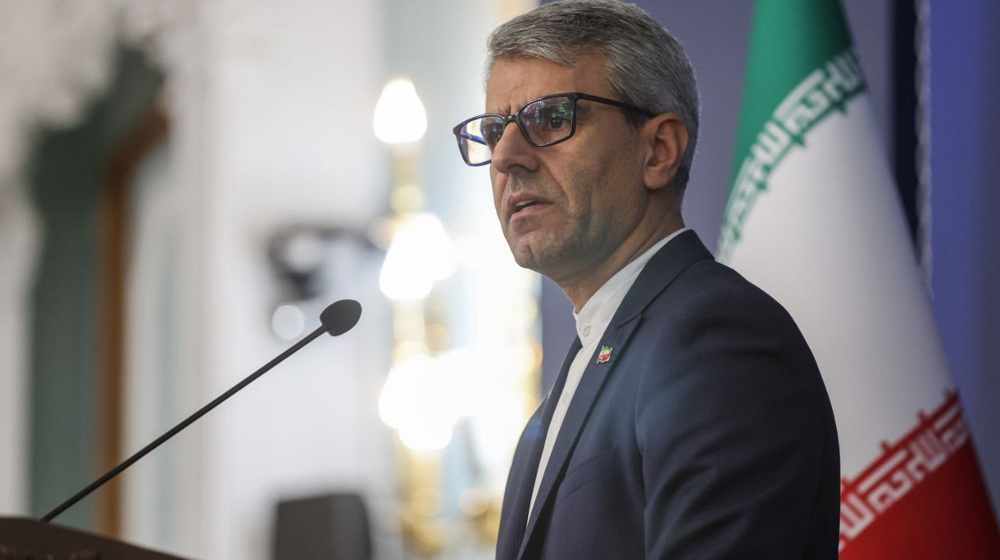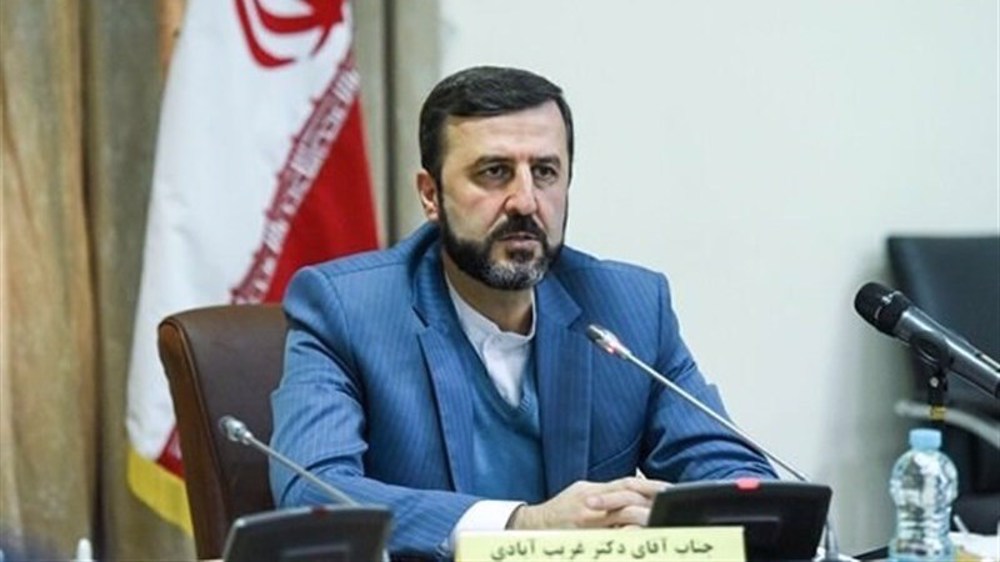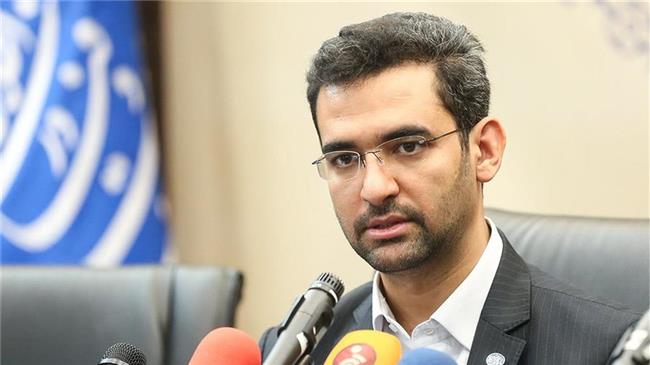Iran views IAEA inspector's possession of suspicious material as 'industrial sabotage'
Iran’s nuclear chief says Tehran regards an incident involving an International Atomic Energy Agency (IAEA) inspector carrying "suspicious" material during a visit of an Iranian nuclear facility last month as an act of "industrial sabotage."
In an interview with the Young Journalists Club (YJC) news agency published on Saturday, head of the Atomic Energy Organization of Iran (AEOI) Ali Akbar Salehi said inspectors are checked upon their entrance to Iranian nuclear plants in a procedure that is routine across the world.
It was during this procedure that one of the IAEA's inspectors was found in possession of "suspicious material," Salehi said, adding her responses to questions about the material, however, "were not convincing and acceptable."
All these events, he noted, were documented, filmed and recorded, but because of the inspector's diplomatic immunity, she could not be held.
"But we wrote a letter of protest to the IAEA and declared that we will pursue the matter," he added.
He also touched on Stuxnet which is a malicious computer worm widely believed to have been made by the US and Israel.
In 2010, the malware hit the Natanz uranium enrichment plant, in the first publicly known example of a virus being used to attack industrial machinery.
Stuxnet was meant to damage Iran's nuclear facilities but failed to do so because "we had been warned" about it, Iran’s nuclear chief said, adding, the virus only damaged some petrochemical factories.
He further touched on the selling of "defective devices" to Iran, saying the AEOI is currently holding an exhibition displaying what he referred to as "industrial sabotage."
"Although they (the enemies) sought to stop the [nuclear] industry in Iran, their wish never realized and they could only inflict little damage on us, because we thwarted their sabotage before it turned into a problem," he said.
"We always remain vigilant about the enemies' (plans to) damage the nuclear industry," he added.
"They used Stuxnet malware against us, perpetrated acts of industrial sabotage against us, sold us defective equipment, but we were vigilant in that regard and view the IAEA inspector's recent move in the same line."
Salehi also emphasized that Iran had asked the agency to pursue the issue.
IAEA experts regularly inspect Iran's nuclear plants under the Joint Comprehensive Plan of Action (JCPOA), which was signed between Iran and six world states — namely the US, France, Britain, Russia China and Germany — in 2015.
Washington’s unilateral exit in May 2018, however, left the future of the historic deal in limbo.
Tehran remained fully compliant with the JCPOA for an entire year, waiting for the co-signatories to fulfill their end of the bargain by offsetting the impacts of American sanctions, which were re-imposed on Iran following the US withdrawal from the JCPOA.
As the European parties failed to do so, Tehran moved in May 2019 to suspend its parts of its JCPOA commitments in 60-day stages under Articles 26 and 36 of the accord.
So far, Iran has gone through four stages in scaling back its commitments.
US federal immigration agents detain 5-year-old boy in Minnesota
Trump used presidency to pocket $1.4 billion in first year back in office: Report
EU divided over new Iran sanctions
China hits US with economic counteroffensive after Maduro’s abduction: Report
Ben-Gvir arms more Israeli settlers amid rising violence in West Bank
'Hands on trigger': IRGC warns US and Israel against any miscalculation
VIDEO | US and Israel’s failed terrorism
After Venezuela, Trump sets sight on Cuba for 'regime change': Report
















 This makes it easy to access the Press TV website
This makes it easy to access the Press TV website